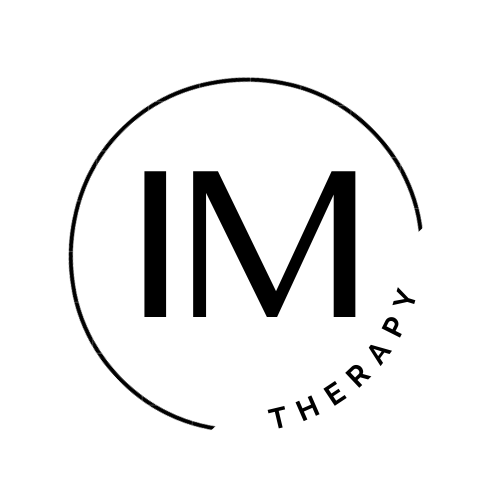Each June we recognize aphasia which is, in the most basic sense, a loss of language that affects many people. Though there are different types of aphasia, some features or characteristics are shared. People with aphasia have difficulty with communication. The communication difficulty can come in various forms including trouble understanding others’ speech (including understanding basic questions and commands), struggling with naming common objects, challenges with reading or writing basic information, and/or trouble with understanding or using gestures. It is important to note that not all aphasia is the same. For instance, some people have significant difficulty in some of the above-mentioned areas, while others have difficulty in all aforementioned areas.
Oftentimes people with aphasia have experienced a neurological insult such as a stroke. As such, a common underlying cause for many types of aphasia is a disruption in the neural pathways that are responsible for the efficient flow of signals to and from parts of the brain and other parts of the body that are important for processing and formulating speech and language. Communication tasks that may have previously been completed with ease may now seem insurmountable. Speech-language pathologists (SLP) who are experienced with aphasia are adept at finding each patient’s strengths and areas for improvement. After a thorough case review, SLPs evaluate each patient’s understanding and use of gestures, reading comprehension, basic writing production, understanding and use of spoken language, and comprehension/use of drawings/illustrations. SLPs attempt to identify and provide a reliable, consistent form of communication to help with the flow of information that is critical to promotion of the patient’s autonomy, care, and well being.

